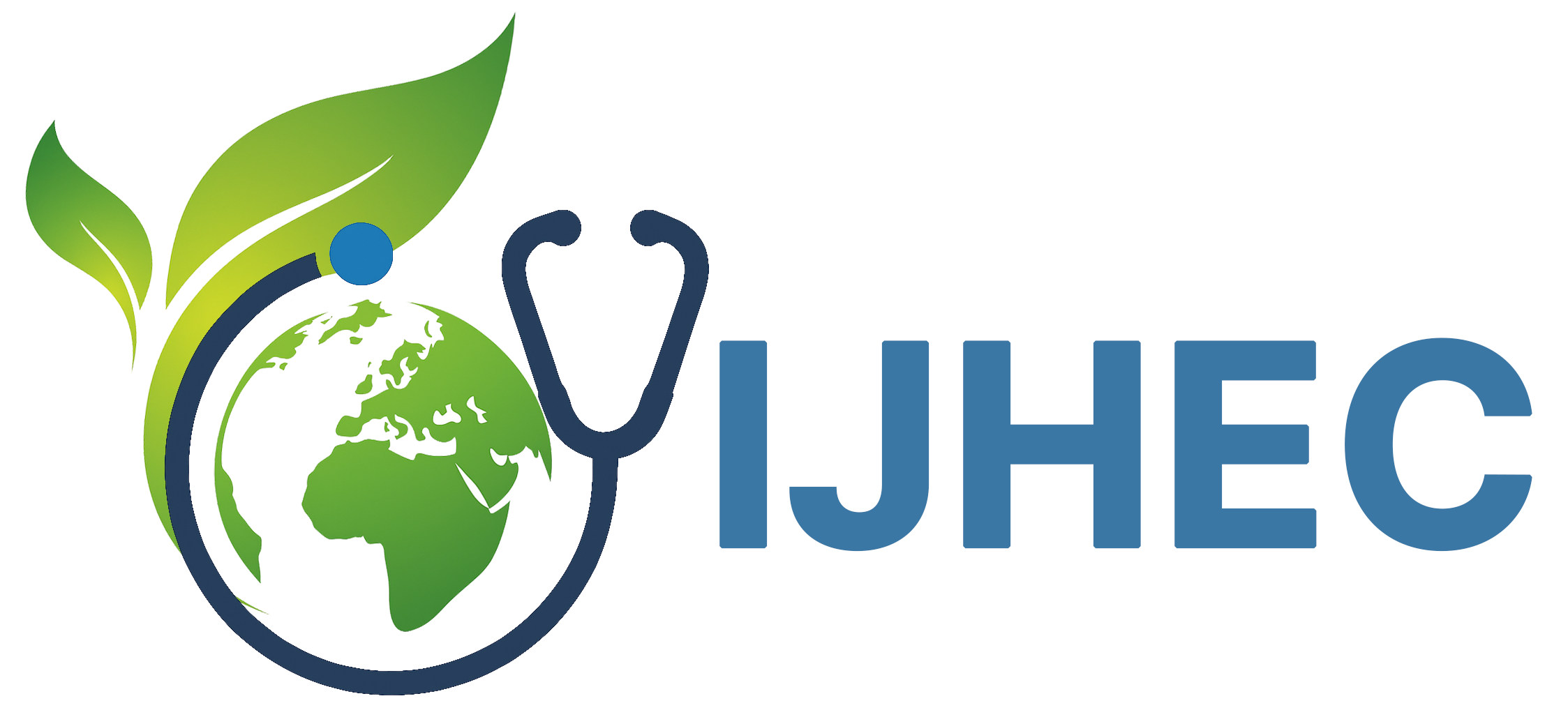Guidelines & Roles of Editor’s
Editors' Roles and Guidelines
- Editor-in-Chiefs
- Managing Editor
- Guest Editor
As the most senior member of the Academic Editorial Board, the Editor-in-Chiefs plays a crucial role in shaping the journal’s vision, integrity, and quality. In conjunction with the Managing Editor, the Editor-in-Chief is assigned the following responsibilities:
- Define the journal's scope and strategic direction, ensuring alignment with current scientific and academic advancements.
- Select and recommend qualified Editorial Board members, fostering a dynamic and expert team to uphold high publication standards.
- Oversee the peer review and editorial process, from initial submission to final publication, ensuring transparency, fairness, and adherence to COPE (Committee on Publication Ethics) guidelines.
- Provide timely guidance and feedback to authors, reviewers, and the editorial team, facilitating efficient manuscript processing and continuous journal development.
- Lead the pre-screening, peer review, and revision evaluation process, culminating in informed editorial decisions during Board meetings to maintain academic rigor.
- Enhance the scientific quality and technical standards of the journal by supervising content development and implementing editorial best practices.
- Formulate and implement annual development strategies, focusing on the continuous improvement of the journal’s impact, visibility, and relevance.
- Actively promote the journal, strengthening its academic reputation, outreach, and engagement with the scholarly community.
The Managing Editor is essential for maintaining the efficient operation of the journal’s editorial workflow and maintaining its academic integrity.
- Significant responsibilities include:
- Upholding the highest standards of ethical conduct and editorial excellence, in alignment with international publishing guidelines.
- Overseeing the editing and formatting of manuscripts for each issue, ensuring adherence to scientific writing norms, language precision, and publication standards.
- Coordinating and monitoring the peer review and revision process, ensuring timely communication between reviewers, authors, and the editorial team.
- Recommending content improvements to enhance the overall scholarly and aesthetic quality of the journal.
- Critically evaluating reviewer feedback and author revisions to support well-informed decisions on the acceptance or rejection of submissions.
- Ensuring timely assessment and processing of review reports to prevent unnecessary delays and maintain an efficient publication timeline.
- Collaborating closely with the Editor-in-Chief and Editorial Board, contributing to strategic planning and continuous enhancement of the journal’s academic impact.
Guest Editor
Guest Editors are designated to manage the editorial workflow of Special Issues, which are usually associated with conferences or thematic collections. They play a vital role in upholding the integrity, quality, and swift review of submitted manuscripts. Their fundamental responsibilities include:
- Ensuring an impartial and conflict-free review process for conference papers submitted to Special Issues, especially in cases where reviewers provide conflicting evaluations.
- Conducting or coordinating the review of Special Issue manuscripts, as needed, in accordance with the journal’s editorial standards and COPE (Committee on Publication Ethics) guidelines.
- Collaborating with the Editorial Board and Editor-in-Chief to uphold the scholarly quality and thematic coherence of the Special Issue.
- Maintaining transparency and fairness throughout the peer review process and ensuring timely communication with authors and reviewers.
Editorial Board
The Editorial Board acts as the intellectual core and strategic advisory group of the journal, made up of a selection of respected authorities from relevant areas of expertise. The Board is instrumental in preserving the academic standards and reliability of the journal. All academic-related decisions are concluded by the Board of Editors, whereas financial decisions are the responsibility of the Executive Committee of the institute. The primary duties of the Editorial Board encompass:
- Advising the Editor-in-Chief on the journal’s scope, direction, and academic focus, ensuring alignment with current trends and emerging research areas.
- Providing expert technical support and scholarly insights to maintain and enhance the scientific rigor and editorial standards of the journal.
- Making final decisions on manuscript acceptance or rejection, for both regular and special issues, following the completion of the peer review and revision process, in accordance with COPE (Committee on Publication Ethics) guidelines.
- Resolving conflicting reviewer recommendations by applying COPE guidelines on Conflict of Interest and ensuring unbiased, ethical decision-making.
- Reviewing and adjudicating manuscripts where the Editor-in-Chief or other Academic Editors may have a conflict of interest, in full compliance with COPE’s standards on editorial independence and transparency.
- Actively participating in the formulation of strategic plans and contributing to the journal’s long-term vision and success in collaboration with the Editor-in-Chief and fellow Board members.
- Recommending qualified professionals for inclusion in the Editorial Board to expand the journal’s expertise and academic reach.
- Promoting the journal’s visibility and reputation, both within the academic community and to the broader public, through professional networks and scholarly engagements.
Guidelines
The Editorial Board of The Interdisciplinary Journal of Health, Environment and Computation possesses the final authority to determine whether submitted manuscripts are accepted or rejected. These decisions are influenced by the journal’s editorial policies and must adhere to the relevant legal standards related to libel, copyright, and plagiarism.
Manuscripts are evaluated exclusively on their scholarly value, without any bias concerning race, gender, religion, ethnicity, nationality, or political opinions. Editors ensure rigorous confidentiality during the review process and adhere to the integrity of the double-blind peer review system, preserving anonymity between authors and reviewers.
Beyond evaluating scientific rigor, clarity, and originality, but also examines the ethical considerations of the research. They analyze whether potential harms have been minimized and whether the benefits are justified. Given the global diversity in ethical standards, editors may request clarification or formal approval from the pertinent institutional ethics committees when appropriate.
